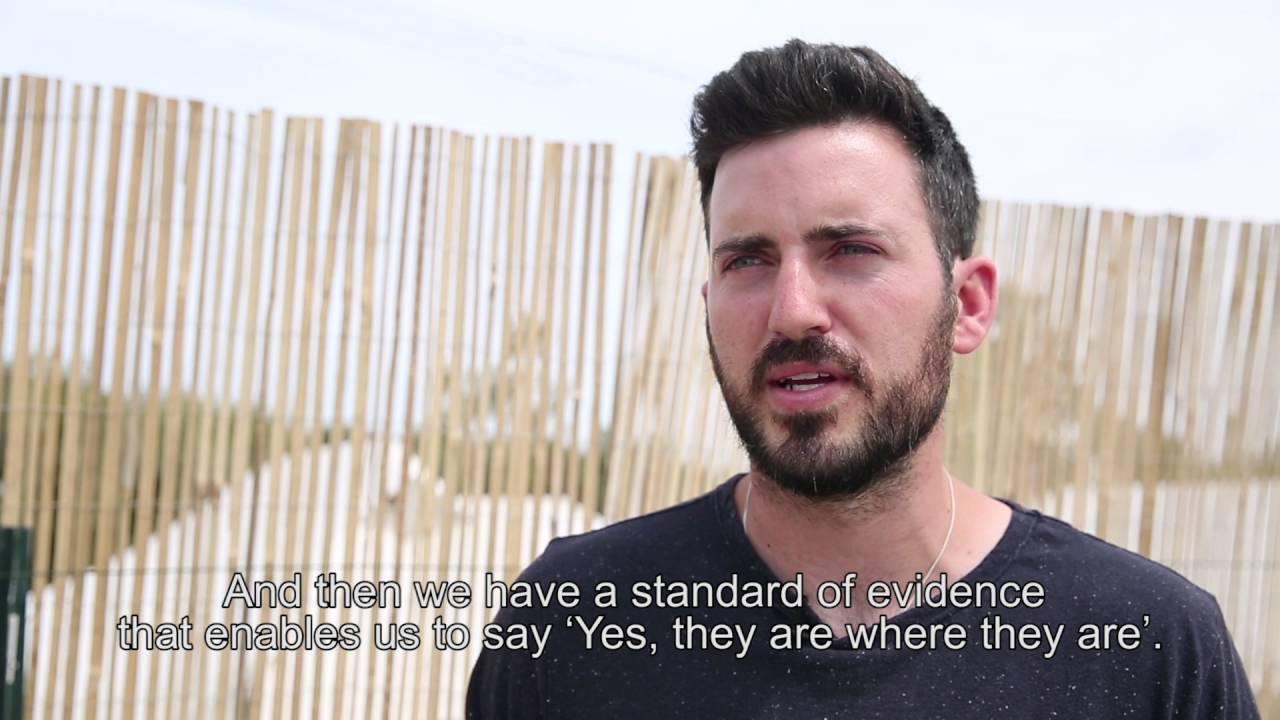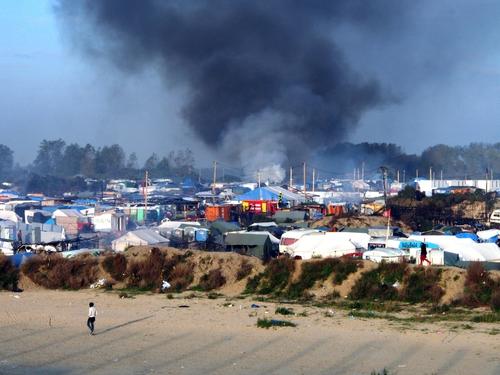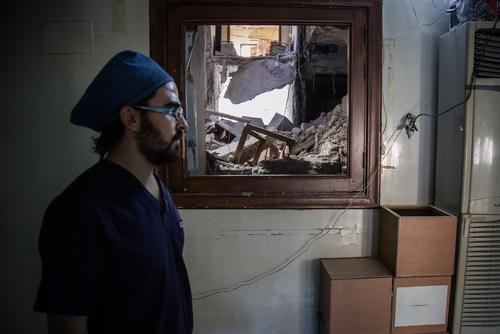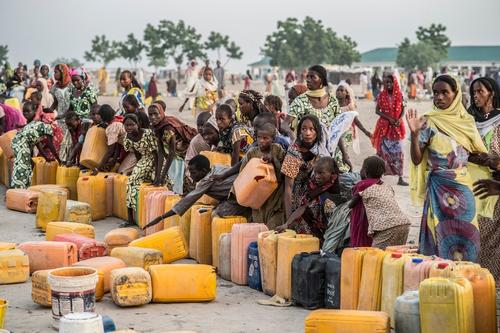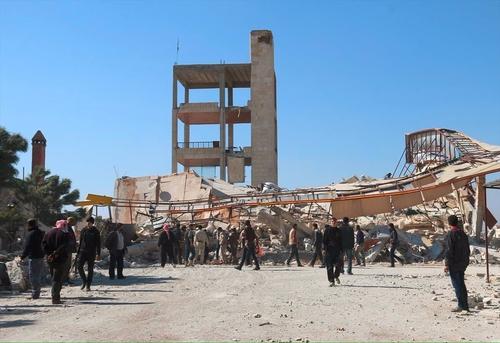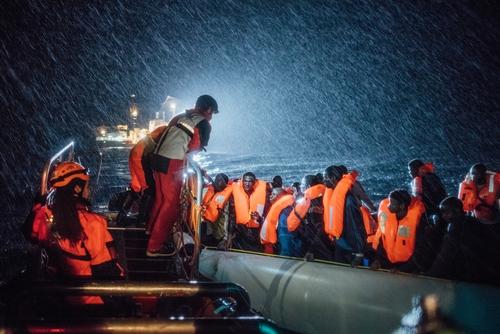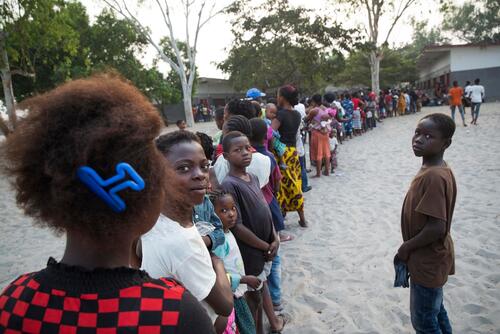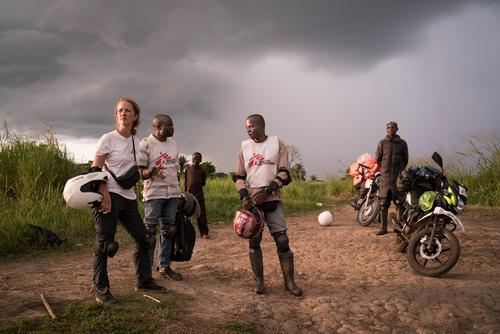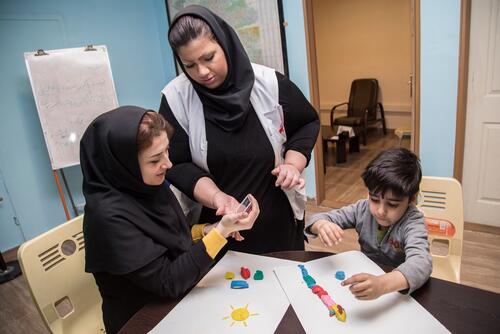In Calais, the number of inhabitants in the ‘Jungle’ – an informal camp for refugees and migrants – increased from 3,000 to nearly 10,000 between September 2015 and September 2016. The lack of sanitation and exposure to the elements here and in other informal camps in northern France, had significant consequences for people’s health, such as skin diseases and respiratory infections.
MSF started working in this area in 2015, filling gaps in services provided by other organisations, and adapting its activities as needs arose. In the Jungle, MSF provided healthcare until March, and water and sanitation until the summer. Teams also ran a centre for unaccompanied refugee minors in collaboration with other organisations and offered psychological support.
In Grande-Synthe, MSF conducted medical and psychological consultations through mobile clinics, and in March, completed the construction of a camp consisting of 370 shelters and sanitation facilities for 1,300 refugees and migrants living in a makeshift settlement. MSF handed over these activities to other organisations in September.
In the second half of 2016, ‘fixed’ settlements and camps were progressively closed by the French authorities. In October, the Jungle was dismantled, and the estimated 6,000 people still living there (among which 1900 unaccompanied minors) were sent to different sites across France. MSF halted its medical and psychological activities, but continued to monitor the situation and provide assistance, either directly or by supporting other organisations.
